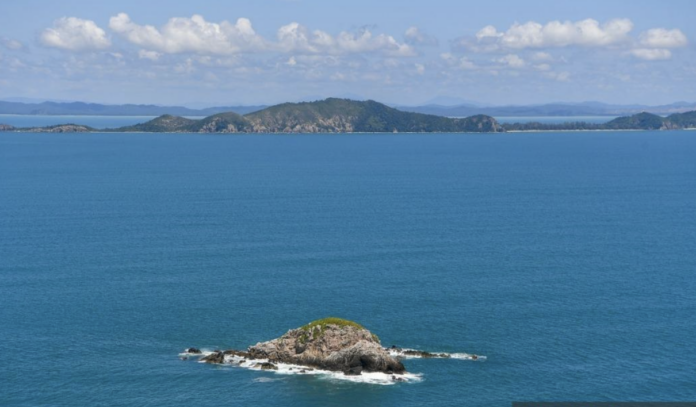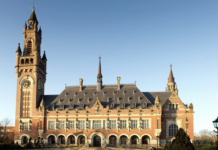PUTRAJAYA, March 2 – The Department of Fisheries (DOF) is researching and active in the process of gazetting the waters around the Mersing cluster of islands in Johor specifically to provide protection for the dugong and its habitat, which is seagrass.
In a statement Friday, the DOF said these islands are the only place in Peninsular Malaysia where the dugongs can be found.
However, due to the threat to its habitat and seagrass ecosystem, the dugong population is seen to be dwindling, and there have been about 10 dugong deaths, especially babies, between 2015 and 2022.
“Although there is no estimate of actual numbers of the dugong population in the Mersing Islands, the MareCet Research Organisation (MareCet) suggests that the dugong population in the area does not exceed 100, and it is most likely to have a number of less than 100,” said the DOF.
According to the DOF, the seagrass meadows in Pulau Sibu and Pulau Tinggi in Johor are important grazing areas for the dugong as seen from the effects of grazing that have often been seen throughout the seagrass survey and the effects of grazing since 2014.
The uniqueness as well as fertility of the seagrass area in Johor not only supports the survival of the dugong species, but the results of inquiries with the community around Pulau Sibu-Pulau Tinggi also state that the presence of seagrass also plays a role for other commercial species, especially the ‘mabang’ squid that makes the waters around Pulau Sibu and Pulau Tinggi a spawning area.
“Although the Pulau Sibu and Pulau Tinggi waters have been gazetted as a Marine Park, only 38 per cent of dugongs are seen to be within the boundaries of the Marine Park, with most of the mother-baby (dugong) pairs found to be outside the Marine Park area,” said the DOF.
The DOF statement, in conjunction with World Seagrass Day, which is celebrated yearly on March 1, is an effort to raise awareness of preserving and conserving the plant and maintaining the balance of the marine ecosystem.
Regarding measures to conserve seagrass, the DOF also said preliminary studies of ex situ seagrass propagation are being actively conducted on selected species in accordance with potential locations that require seagrass habitat rehabilitation
Seagrass is an often neglected part of the marine ecosystem, and in addition to providing habitat and shelter, and as a food source for various marine species including dugongs and turtles, it also plays a role in reducing carbon dioxide levels in the atmosphere and improving sea water quality.



















